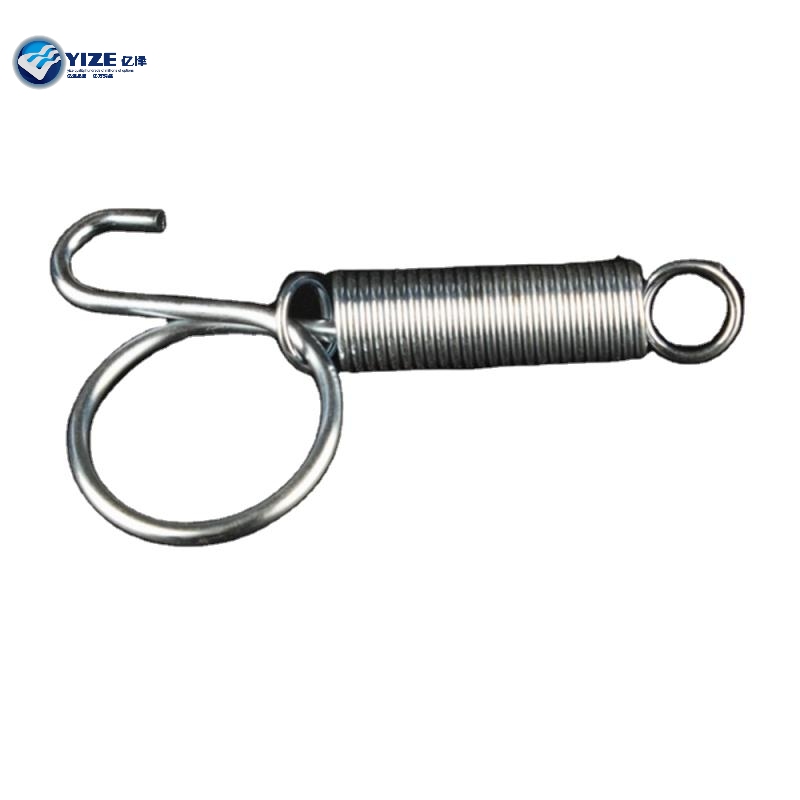Automatic Broiler Cage Systems for Optimal Poultry Farming
កញ្ញា . 03, 2024 00:43 Back to list
Automatic Broiler Cage Systems for Optimal Poultry Farming
The Evolution of Automatic Broiler Cages in Poultry Farming
In recent years, the poultry farming industry has witnessed significant advancements, particularly in the area of broiler production. One of the most notable developments is the introduction of automatic broiler cages, a revolutionary system designed to enhance productivity while ensuring the welfare of the birds.
Automatic broiler cages utilize advanced technology to optimize the conditions in which broilers are raised. These cages are equipped with automated feeding, drinking, and ventilation systems that provide a controlled environment tailored to the needs of the birds. This automation not only reduces labor costs but also improves the efficiency of resource use. For instance, the automatic feeding system ensures that the chickens receive the right amount of feed at the right time, minimizing waste and promoting better growth rates.
Moreover, the design of these cages allows for a higher density of birds without compromising their welfare. Animals raised in these environments benefit from improved air circulation and reduced stress levels, which are critical factors in promoting healthy growth. By providing a cleaner and more organized living space, automatic broiler cages help mitigate the risks associated with traditional farming methods, such as disease outbreaks and overcrowding.
automatic broiler cage

Another significant advantage of automatic broiler cages is data management. Equipped with sensors and monitoring systems, these cages collect real-time data on bird health, feed consumption, and environmental conditions. Farmers can access this information remotely, allowing for timely interventions if any issues arise. This data-driven approach empowers farmers to make informed decisions, leading to better overall flock management.
Sustainability is also a critical consideration in modern poultry farming. Automatic broiler cages contribute to sustainable practices by optimizing feed conversion ratios and minimizing water usage. Additionally, they help reduce the carbon footprint associated with broiler production, aligning with global efforts to create a more environmentally friendly food supply system.
In conclusion, automatic broiler cages represent a significant step forward in poultry farming, merging technology with animal welfare and sustainability. As the industry continues to evolve, these systems will likely play a pivotal role in meeting the growing demand for poultry products while ensuring responsible farming practices. As farmers embrace these innovations, the future of poultry production looks both efficient and ethical.
-
Automatic Feeding System - Anping Yize | Pan Feeder Nipple Drinker
NewsAug.05,2025
-
Automatic Feeding Line System Pan Feeder Nipple Drinker-Anping County Yize Metal Products Co., Ltd.|Feed and Water Distribution, Durable PP Material
NewsAug.05,2025
-
Automatic Feeding Line System-Anping Yize|Automated Feeding&Watering
NewsAug.05,2025
-
Precision Evisceration Tables with GPT-4 Turbo AI
NewsAug.05,2025
-
Automatic Drinking Line: AI Enhanced for Peak Efficiency
NewsAug.04,2025
-
Automatic Feeding Line System - Pan Feeder Nipple Drinker|Broiler Farming Poultry Equipment
NewsAug.03,2025






